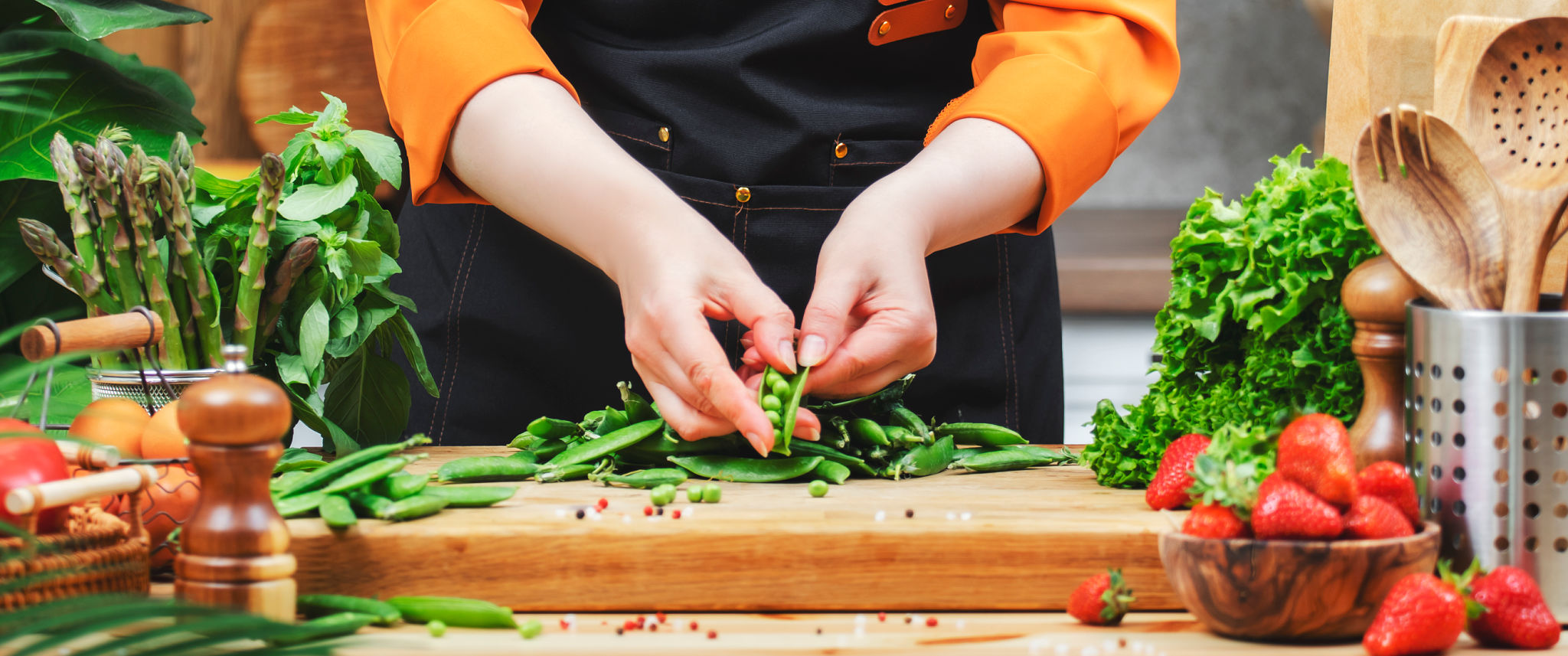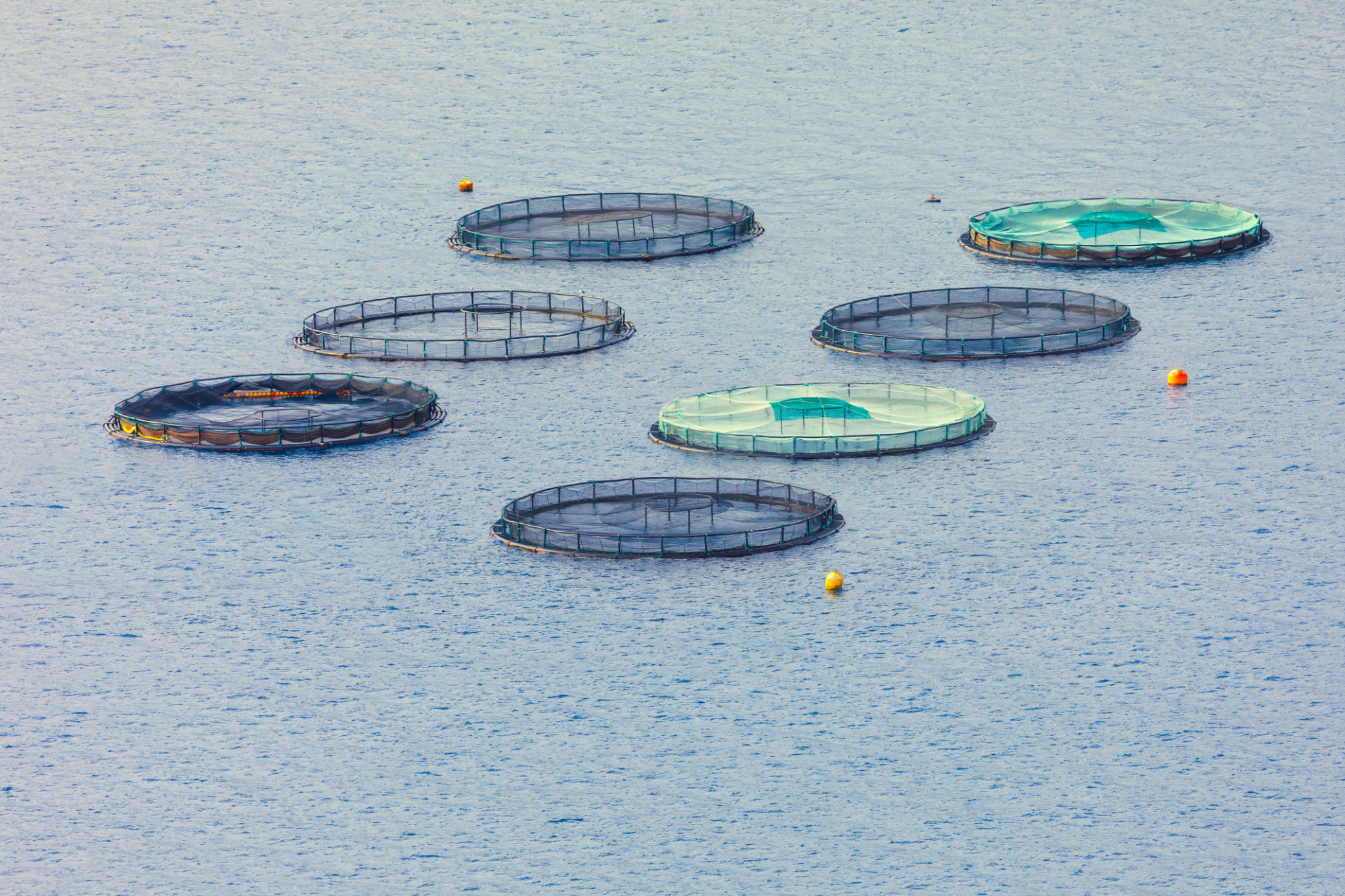How Personal Chefs in DC Integrate Sustainability into Their Cooking
Embracing Local Ingredients
In the bustling culinary scene of Washington D.C., personal chefs are making waves by integrating sustainability into their cooking practices. One of the primary ways they achieve this is by embracing local ingredients. By sourcing produce and meats from local farms and markets, these chefs ensure that their ingredients are fresh and in season, while also reducing the carbon footprint associated with long-distance transportation.
Local sourcing not only supports the community but also promotes biodiversity. By choosing to work with nearby farmers who grow a variety of crops, personal chefs help maintain a healthy ecosystem. This approach allows them to highlight regional flavors and offer clients a true taste of the area.

Reducing Food Waste
Another critical aspect of sustainability that personal chefs in D.C. focus on is reducing food waste. Chefs are skillfully trained to utilize every part of an ingredient, transforming what might traditionally be considered scraps into delicious dishes. For example, vegetable peels and stems can be used to make stocks, while stale bread can be repurposed into croutons or breadcrumbs.
By adopting a zero-waste mentality, personal chefs not only conserve resources but also inspire their clients to be more mindful about waste in their own kitchens. This practice contributes significantly to decreasing the overall food waste problem that plagues many urban areas.
Incorporating Plant-Based Options
To further their commitment to sustainability, many personal chefs in D.C. are incorporating more plant-based options into their menus. Plant-based diets generally have a lower environmental impact compared to diets high in animal products. By offering innovative and delicious vegetarian or vegan dishes, chefs can cater to clients looking to reduce their carbon footprint through their dietary choices.

These plant-based options often feature vegetables, legumes, and grains that are both nutritious and filling, proving that sustainable eating does not mean sacrificing flavor or satisfaction.
Using Sustainable Seafood
Sustainable seafood is another focus for personal chefs aiming to cook responsibly. The chefs select fish and shellfish that are sourced from fisheries or farms with sustainable practices, ensuring that the seafood is harvested in a manner that maintains healthy populations and ecosystems.
This careful selection process often involves consulting guides like the Monterey Bay Aquarium's Seafood Watch or liaising with local suppliers who prioritize sustainable practices. By doing so, personal chefs ensure that their seafood dishes are as responsible as they are delicious.

Eco-Friendly Kitchen Practices
Sustainability extends beyond ingredient selection and into the kitchen practices themselves. Personal chefs in D.C. are increasingly adopting eco-friendly habits, such as using energy-efficient appliances and minimizing water usage during meal preparation. These efforts help reduce the environmental impact of their culinary operations.
Additionally, many chefs are turning to biodegradable or reusable kitchen tools and packaging to further lessen waste. From compostable containers to cloth napkins, these seemingly small changes add up to make a significant difference over time.
Educating Clients on Sustainable Choices
An essential part of a personal chef's role is educating clients about sustainable choices. By sharing knowledge about the importance of local sourcing, food waste reduction, and responsible ingredient selection, chefs empower their clients to make more informed decisions about their own cooking and eating habits.

This educational component often includes cooking demonstrations or workshops where clients can learn firsthand how to integrate sustainable practices into their daily lives, ensuring that the movement toward more responsible eating continues to grow.